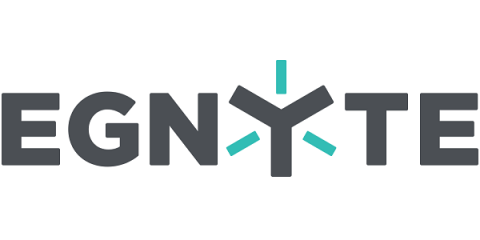Working Anywhere With Egnyte: Organization Guide
Maximizing productivity from a remote environment, particularly if it’s a new arrangement, can be a multifaceted challenge. Enabling employees to plan out their time, optimize their workspace, and minimize distractions are all important, but another key part of ensuring continuity from anywhere is finding ways to be digitally organized, using the tools at their disposal to label, organize and secure content even outside of your organization’s four walls.








